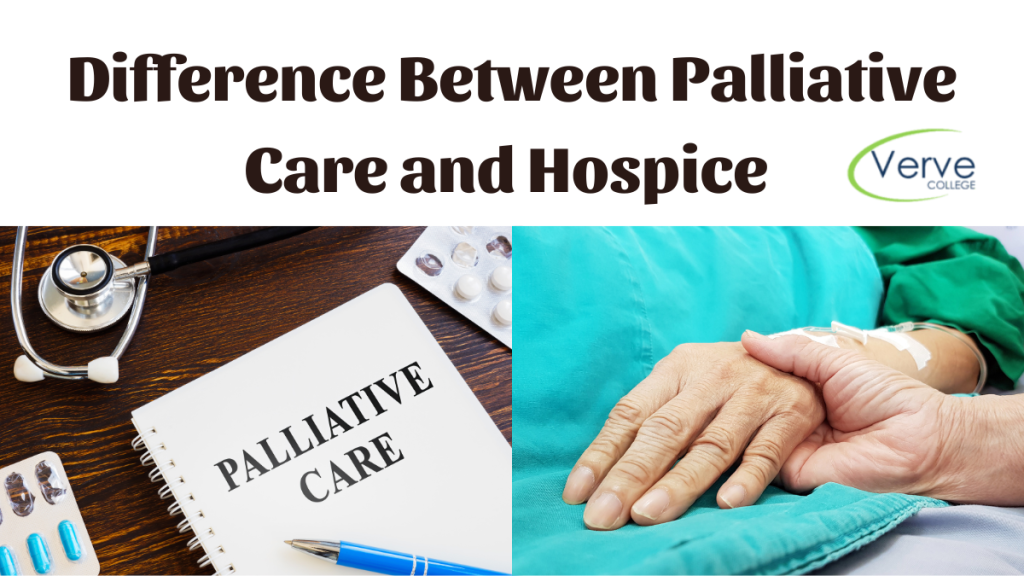- Oak Brook:(630) 705-9999
- Chicago:(312) 920-8822
- Email:inquiry@vervecollege.edu
- Make a Payment
- Home
- Programs
- Admission
- Resources
- ATI Entrance Exam Resources
- New E-Digital Library
- Refer a Friend
- School Newsletter
- Events
- Employers
- Job-Network
- Alpha Beta Kappa Candidates
- Verve College Library
- Graduation and Pinning Ceremony Photo Galleries
- Textbook Information
- Career Services
- Tutoring
- School Catalog
- FAQ
- Constitution Day Program
- Alumni
- Verve College Plans
- Financial Aid
- HEERF Reporting
- Satisfactory Academic Progress
- Apply For Financial Aid
- Net Price Calculator
- Return of Title IV Funds (R2T4)
- Financial Aid Office Code of Conduct
- Contact
- FAQs
- Verification Policy
- Vaccination Policy
- Student Right-to-Know Act
- Misrepresentation
- Information Security Program
- Academic Award Year
- Availability of Employee
- Cost of Attendance
- Health & Safety Exemption Requirement
- Students Rights and Responsibilities
- Leave of Absence
- Pell Formula
- Military Students
- Grants/ Scholarship Policy
- Contact Us
- Testimonials
- Blog
Is a Nursing Career Right For You?
Take The Free Quiz
Difference Between Palliative Care and Hospice in Nursing
Difference Between Palliative Care and Hospice in Nursing
You’ve likely heard a lot about pain treatment if you or your loved one is facing a serious disease. You might have heard of “hospice” or “palliative care.” They both aim to provide comfort and relief but differ in many ways. You need to know what each service can offer you in order to get the best care for any situation.
Students aspiring to be nurse professionals can learn more about these through a hybrid practical nursing program. Here you can get to know about the difference between palliative care and hospice care.
What is Palliative Care?
This program is designed to help ease your pain and other problems if you have a serious illness that’s not life-threatening. It can help people cope with long-term conditions such as kidney disease, cancer, or AIDS or the side effects of the treatment.
Palliative care is not a replacement for other treatments. Palliative medicine is a way to help you and your loved ones deal with symptoms such as nerve pain, nausea, or shortness of breath. Palliative care is also available if an illness causes depression or makes it difficult to work, play or get around. Many people have reported feeling more in control. This type of care is beneficial even if you are expected to die from an illness.
Related:- What LPN Programs and Healthcare Professionals Need to Know About Evidence-Based Practice
What is Hospice Care?
It is intended for those who have been told by their doctors or healthcare providers that there will be no recovery from their illness or medical condition. This is about helping to ease pain and prepare families for the end of life. Palliative medicine is a part of this, but only one.
Hospice care is usually reserved for people with less than six months to live. Often, they are at home with family and caregivers. You can also go to a hospice center. This service is provided by numerous nursing homes and hospitals. The care provided can include not only doctors, nurses, or healthcare professionals but also clergy, counselors, or social workers, who can help to address emotions such as grief and anger. If you are a student wishing to cater to patient needs you must look out for the best practical nursing program near me, it will not only help you learn but also enhance your skill set with advanced practice.
Reduce Your Pain With Appropriate Care
Both palliative and hospice care as a scope of practice can offer you medicines & help you to get relief from pain. These can include over-the-counter drugs like ibuprofen or more vital opioid medication such as oxycodone and morphine.
You or someone you love may be afraid to use opioids because they are concerned about misuse. If you have a history of drug or alcohol abuse, this can be an especially big concern. You may be avoiding pain medications unnecessarily.
According to researchers, people who take opioids as prescribed and follow the instructions rarely become addicted. Take them if you’d rather not suffer as per your vital signs.
Some drugs can cause side effects, such as nausea, drowsiness, and constipation. These side effects usually disappear as your body becomes accustomed to the medication. Speak to your doctor or medical professionals to learn how you can manage these side effects.
Can Insurance Help Pay for This?
Medicare, the federal program of health insurance for seniors, covers all hospice costs. Medicaid, a federal-state program that provides healthcare for the poor, also covers hospice care. Private insurers also cover Medicaid. Palliative medicine is less well covered. Medicare and private insurance carriers do not cover all medicines.
Conclusion
LPNs are a great asset to healthcare facilities when it comes to patient care. As an aspiring LPN, you should select the right school from a wide range of hybrid LPN programs near me, so that you get to make a career in the nursing industry while catering to your patients just right with knowledge, skills, and practice.
 Sign up
Sign up Login
Login




